
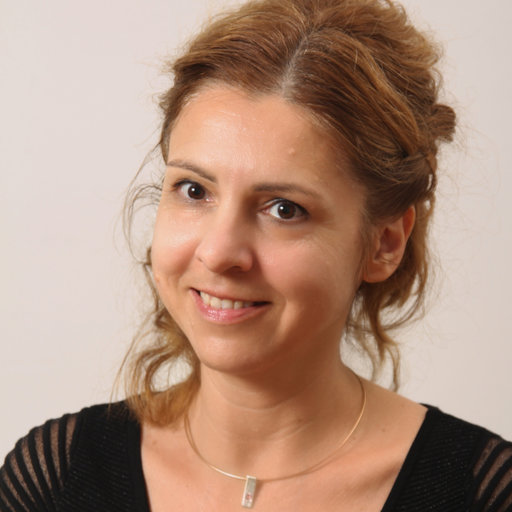
Project Coordinator
Graduated in German Studies (2000) and General and Applied Linguistics (2005), she received her PhD in Education (2013). She organized the Hungarian Sign Language Program Office and became its director for some years. An important element of her academic career is the comparative analysis of scientific and professional journals (in 2009), and analysis of the history of educational science. She was the leader of a project to produce a “map of Hungarian educational research”. In “A Culturally Composite Elites, Regime Changes and Social Crises in Multi-Ethnic and Multi-Confessional Eastern Europe (The Carpathian Basin and the Baltics in Comparison 1900-1950)” FP7 Research she gained experience in coordinating the work of international researchers.
Since 2008 she is the member of the editorial board of the quarterly of Educatio, an academic journal which focuses on the society questions of education. As head of the Wesley Department of Educational Sciences (since 2018), she focused its activity on studying the pedagogy of the disadvantaged. She launched monthly events called “PedLabor” on actual questions in the educational system, a community-building workshop and liberal forum to discuss educational issues.
What motivated her to lead a project on this topic?
“The most motivating activity for me is always the one which can transform me. It is not the specific tasks that thrill me, it is the way to a solution. The Inclusion4Schools project is a real challenge in this sense. The institutions of the Hungarian Evangelical Fellowship are in daily contact with those living on the margins of society, the homeless, the poor, the excluded – so the choice of the topic was self-evident. What is challenging, though, is our activity itself. We were warned: We should not have exaggerated expectations. If we want to deal with segregated settlements and schools, there will be many pitfalls, we will encounter more resistance from those involved and those living in their environment than is expected. We knew that very well. The problem is not only complex and deeply rooted, but has already been buried under feelings of frustration, hopelessness and abandonment. As they say: it’s good to get up from here, it’s good to start from here. We have to win from here.”
Working on the project since November 2020.
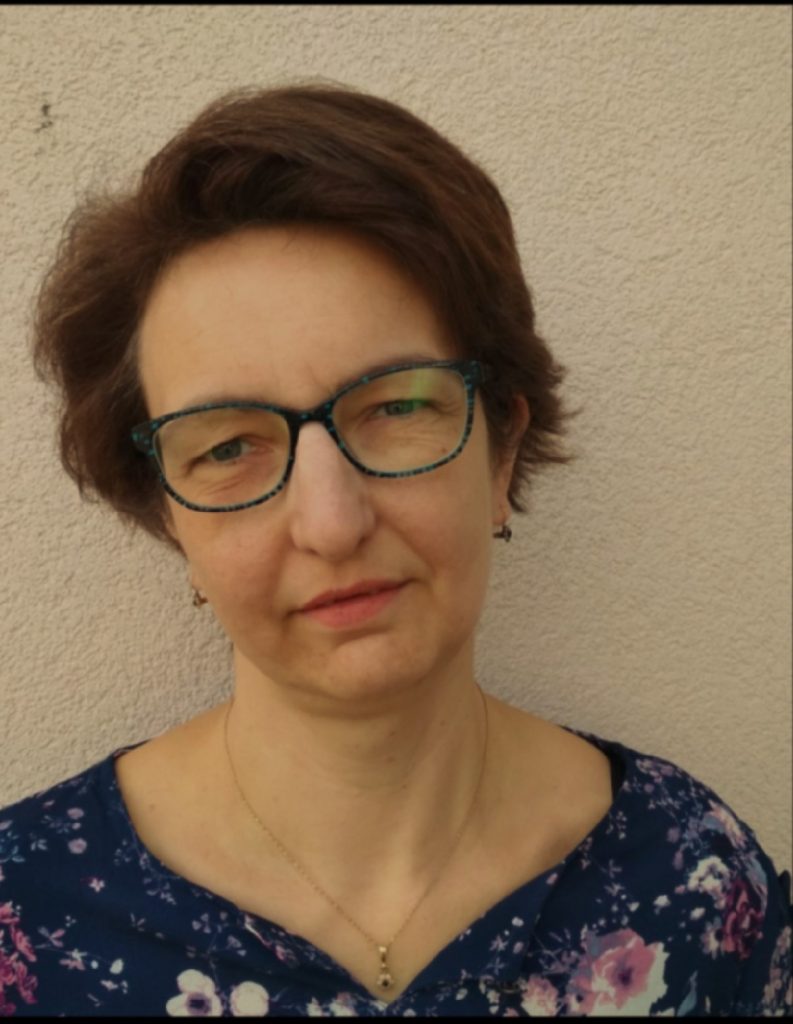
WP Manager (WP7)
Project assistant at John Wesley Theological College, manager of WP7 Project management. Has a two-decade working experience, mostly spent managing projects funded by the European Union, mainly in health care and education sectors. She worked as a project manager for various public projects before: projects funded by Hungarian operational programmes, or by Erasmus, Interreg, Culture programmes. She worked as a junior expert in a European Commission Twinning program for three years and spent a year at the European Parliament Secretariat of the Committee on Environment, Public Health and Consumer Policy.
Personal motivation: “I have worked in EU-funded education projects since 2004. I live in a small village of 1400 people and I work that my two sons, or any child in rural areas can have the same quality education that they could have anywhere in Hungary. I enjoy doing what other people mostly hate in projects: administration, keeping track of deadlines or budget constraints, compiling technical documents, drawing up excel sheets. I am an open-minded person and I enjoy learning from my colleagues, superiors. I am amazed by the innovativity of this project and the commitment of the experts.”
Working on the project since November 2020.
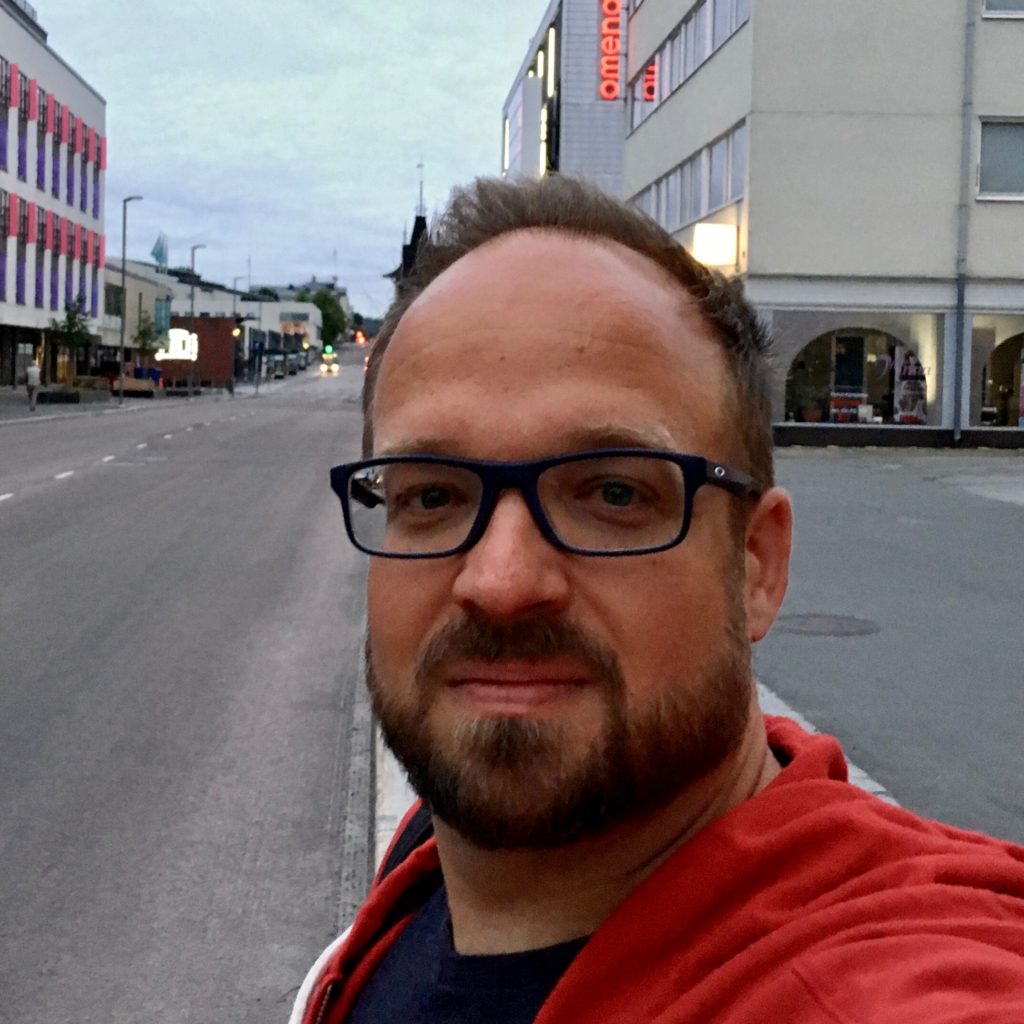
PCO Assistant
Flórián Sipos is a social scientist, historian, and philologist and is affiliated with the University of Debrecen. His main research areas cover youth sociology, political/civic participation, discourse analysis, social innovation, and social investment. He has 15 years of experience in executing EC funded international projects, including Life Long Learning, FP7, Horizon 2020 programmes and is currently working on launching an ESFRI Roadmap 2021 Research Infrastructure, GUIDE aiming at executing the first European birth cohort survey. He is an expert of the European Economic and Social Committee with the task of preparing recommendations on the application of co-creative methods in service development in Europe.
Personal motivation: “I joined the project because I was able to fully identify with its main objectives: to improve the relationship between schools located in segregated areas and the local community and to collect and nurture transformative practices. In the project, I have already gained a plethora of invaluable knowledge in the field of educational innovation. I would like to help the project mainly with management tasks, but I would also like to contribute to its success with my experience in the field of social innovation.”
Working on the project since February 2022.
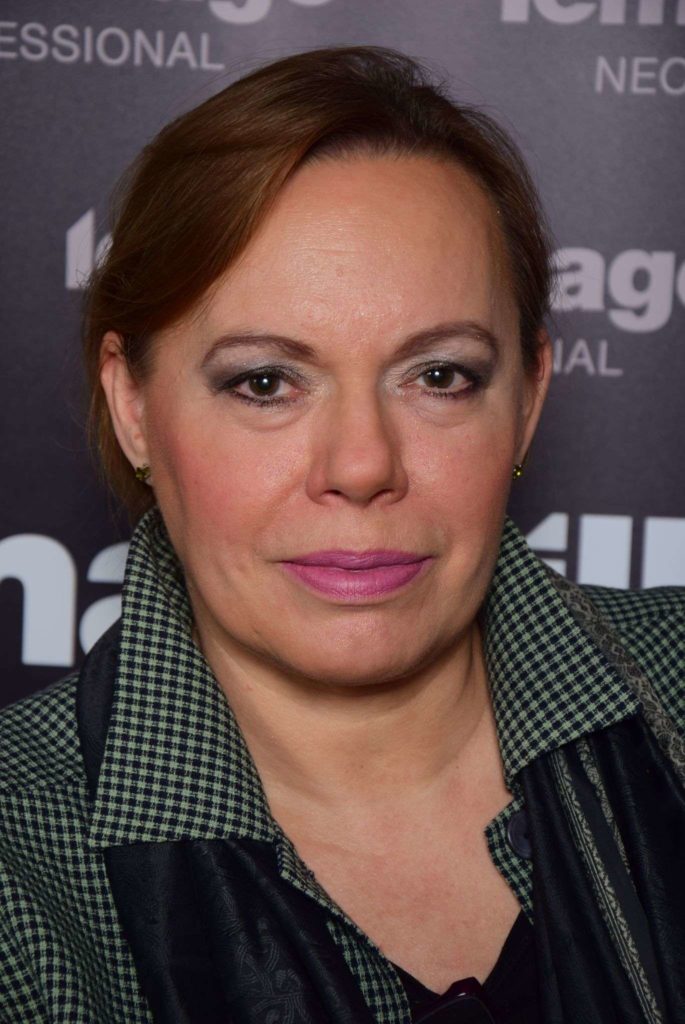
WP Manager (WP4)
Éva THUN is a part-time lecturer at the Department of Education John Wesley Theological College (WJLF), Budapest, Hungary; formerly professor at the Institute of Education University of Pannonia, Hungary. She has published works (in Hungarian and English) on issues of gender, multiculturalism and social and cultural equality in public and higher education. She holds a PhD in Education Science, an MA in Gender Studies, and an MEd in English and Russian languages. In 2010, she has contributed to the Eurydice Thematic Study on Gender and Education, and most recently to the analysis of the implementation of equal opportunity policies in education in Hungary, by applying interdisciplinary social science approaches (Gender-related challenges in European education systems European Institute for Gender Equality – EIGE/2016/OPER/08, national expert). She is a long-time advocate of introducing feminist theory and Gender Studies into the academia in Hungary. Her current research focus is the effect of the presence or absence of women educators’ gender awareness on the construction of their professional identities. She has been a feminist activist since the 1990s, participating in advocacy groups and in the community radio scene.
Personal motivation: “During my career I had the privilege to work with József Zsolnai in the Value Transfer and Competence Development Programme, known as ÉKP. This programme can be viewed as the forerunner (in the 1980s) in the recognition of the educational benefit of student-centred education, focusing on the pedagogical development of the students while applying a wide variety of unorthodox methods and learning activities. Most of the schools running the programme are located in geographic areas and in social milieu which are underprivileged. Witnessing the progress of the students in these schools convinced me that the schools’ embeddedness in the local culture, as well as the cooperation within the local community is a valid key to the effectiveness of education. I am glad that I can become an active participant of developing such innovative practices, within the Inclusion4Schools project, which highlights the fact that pedagogical value can be produced through exploiting the self-knowledge of local communities, instead of complying with norms coming from the outside.”
Working on the project since January 2022.

Task Manager (T3.2)
Edit Győrik is the task manager of the portal in the project. She has worked with disadvantaged young people and students at risk of dropping out in my whole life. In 1990, she established the “Belvárosi Tanoda” Foundation High School, which is a school for young people who have dropped out of high school. They named our special methodology “supportive pedagogy”, which they introduced in several school improvement programs. She holds courses on mentoring, counseling and team work at the ELTE Faculty of Pedagogy and Psychology. She is currently the professional manager of a tanoda-type institution. She has been working continuously in school development projects since 2008. She is primarily interested in individual-centered approach, student support, mentoring as helping relationship and teacher support.
Working on the project since November 2022.
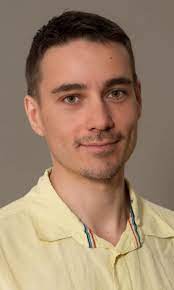
Senior Researcher
Associate professor at the Faculty of Education and Psychology, Eötvös Loránd University, Budapest, Hungary. He defended his PhD in 2009 and habilitated in 2016. He worked as a secondary school teacher among Roma students for several years and is still engaged in different emancipatory education practices working with teachers and other practitioners. He is a member of the Public Sociology Working Group “Helyzet”. As a researcher, he is engaged in critical ethnography mainly, but his research interests include: philosophy of education, critical citizenship, pedagogical anthropology and sexuality and gender topics. He is the head of the Anthropology of Education Research Group at his Faculty and served as a member of the Administrative Council of the Association for Teacher Education in Europe between 2012 and 2018.
Personal motivation: “I am a father, a teacher and an arduous fighter for a better society. I use my research competence in this battle. As an ethnographer and interested in the philosophy of education, I always interpret the everyday reality of education to offer insights for transformation. While I believe in the possibility of change, I am also aware of the systemic constraints that we are all embedded in. My experience as a secondary school teacher in an impoverished Roma neighbourhood led me to be a critical pedagogue. Since then, I am trying to be involved in projects that envisage challenging the unjust systems.”
Working on the project since January 2021.
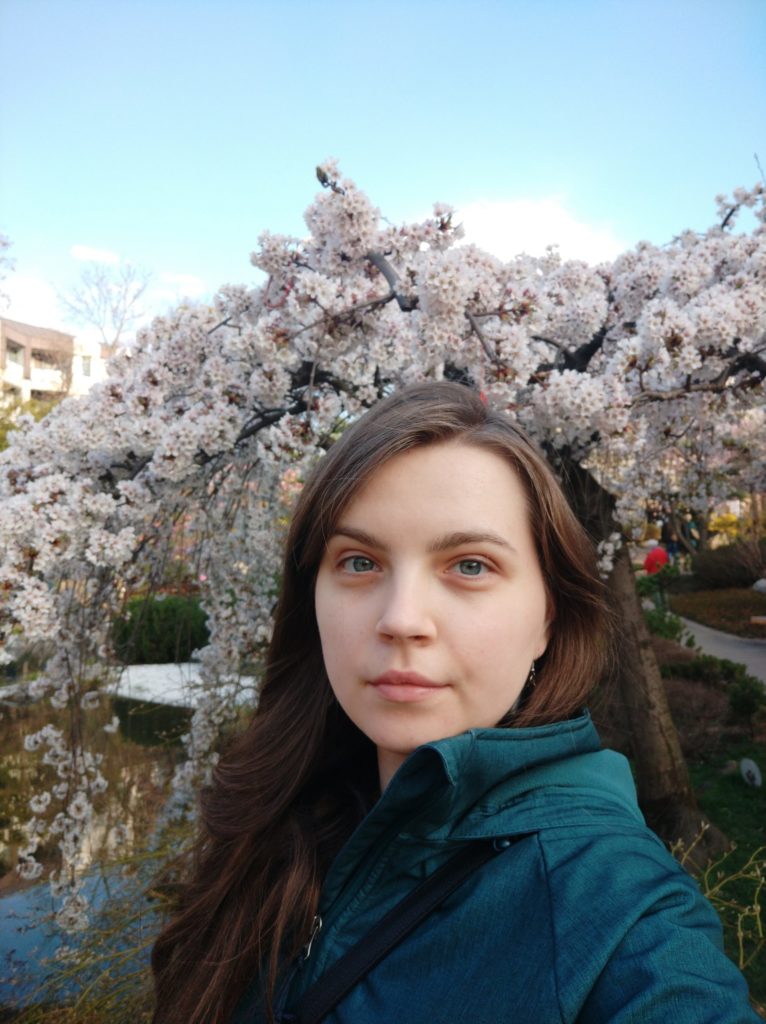
Junior Researcher
She studied Sociology, Social Policy and European Studies in Hungary (Eötvös Loránd University, Budapest), Germany (Humboldt Universität zu Berlin, George-August-Universität Göttingen) and the Netherlands (University of Groningen).
Prior to joining the Inclusion4Schools project, Fruzsina spent two years in Vienna, Austria gaining professional experience at international institutions. At the EU Fundamental Rights Agency (FRA) she worked on several EU-wide surveys and policy research projects, such as the FRA Fundamental Rights Survey, the Roma Survey 2020, and the annual Fundamental Rights Report.
Personal motivation: “I joined the Inclusion4Schools project because I believe that every child has the right to equal and inclusive education. The Inclusion4Schools project is an opportunity to work in a dedicated team and to closely cooperate with schools in segregated areas to develop solutions that reflect their real needs.”
Working on the project since May 2022.
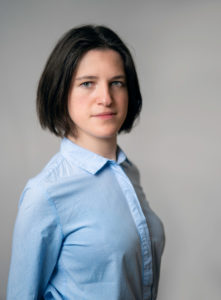
Communication Assistant
Anna obtained a master’s degree in social policy at Eötvös Loránd University. She wrote her MA thesis on primary education for adults. At the beginning of her career, she worked as a project assistant in grant projects helping disadvantaged children. She has always been interested in writing, so she also tried herself as a communications specialist.
Personal motivation: “As a Communication Assinstant in the Inclusion4Schools projekt, I can use my expertise and work on an interesting topic. It is important for me to have job that creates value and to work for a more cohesive society.”
Working on the project since May 2022.
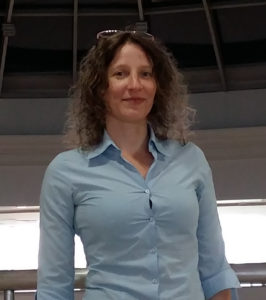
Project Assistant
Judit Fleischer graduated as an Englisch teacher and as a sociologist at Eötvös Loránd University. She wrote her English thesis on group dynamics and community building in the classroom. As an urban sociologist, she researched community mediation and ways to effectively and systematically involve local stakeholders in settlement development. Since the beginning of her carreer, she has been interested in challenges that give a deeper meaning to a given work. That’s why, in the early 2000s, in addition to teaching at an elite high school, she started teaching English at an evening school for workers and at Romaversitas. As a practical person, she has merely worked in the nonprofit sector in community and sustainability projects. In the public sector, she wrote educational materials and held trainings for teachers on nonformal and informal learning methods. She participated in the planning and distribution of the Mindful Customer’s Association´s Oeko-circle project based on small group coaching. The key to this project is that it views group members as responsible, conscious, mature thinkers and decision-makers, who are also part of a community. This can be the basis of many forward-looking initiatitives in our society. Over the years, She has graduated as a coach, trainer, mediator and community mediator.
Personal motivation: “I feel very important the intention to explain the underlying causes of social disadvantage and the responsibility to start desegregation at the root of the causes with a practical approach. I see a chance for this with the Inclusion4Schools project´s comprehensive approach, diverse range of activities and the diverse team. It is an honor to be part of this project.”
Working on the project since January 2022.
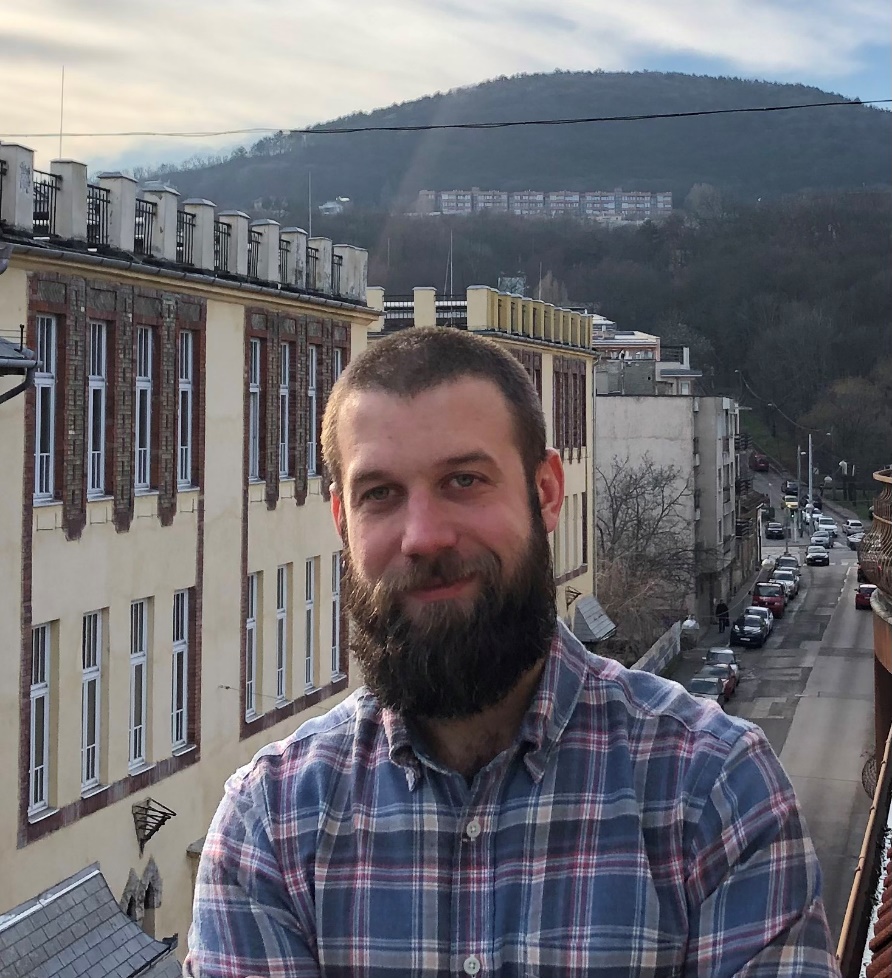
Project Assistant
Tamás Tóth is a Community Outreach Officer to support Roma rights at Minority Rights Group Europe. Before joining the Inclusion4Schools project, Tamás worked on various EU-funded research projects regarding gender equality and social inclusion for a public policy institute in Vilnius, Lithuania. He also spent a year working for a local NGO to help the (re)integration of refugees, migrants and formerly detained people. Tamás obtained a Research Master’s degree in Sociology and Demography at Pompeu Fabra University in Barcelona, Spain. He also holds a BSc in Environmental Engineering and an MSc in Regional and Environmental Economics from the Budapest University of Technology and Economics.
Working on the project since November 2022.
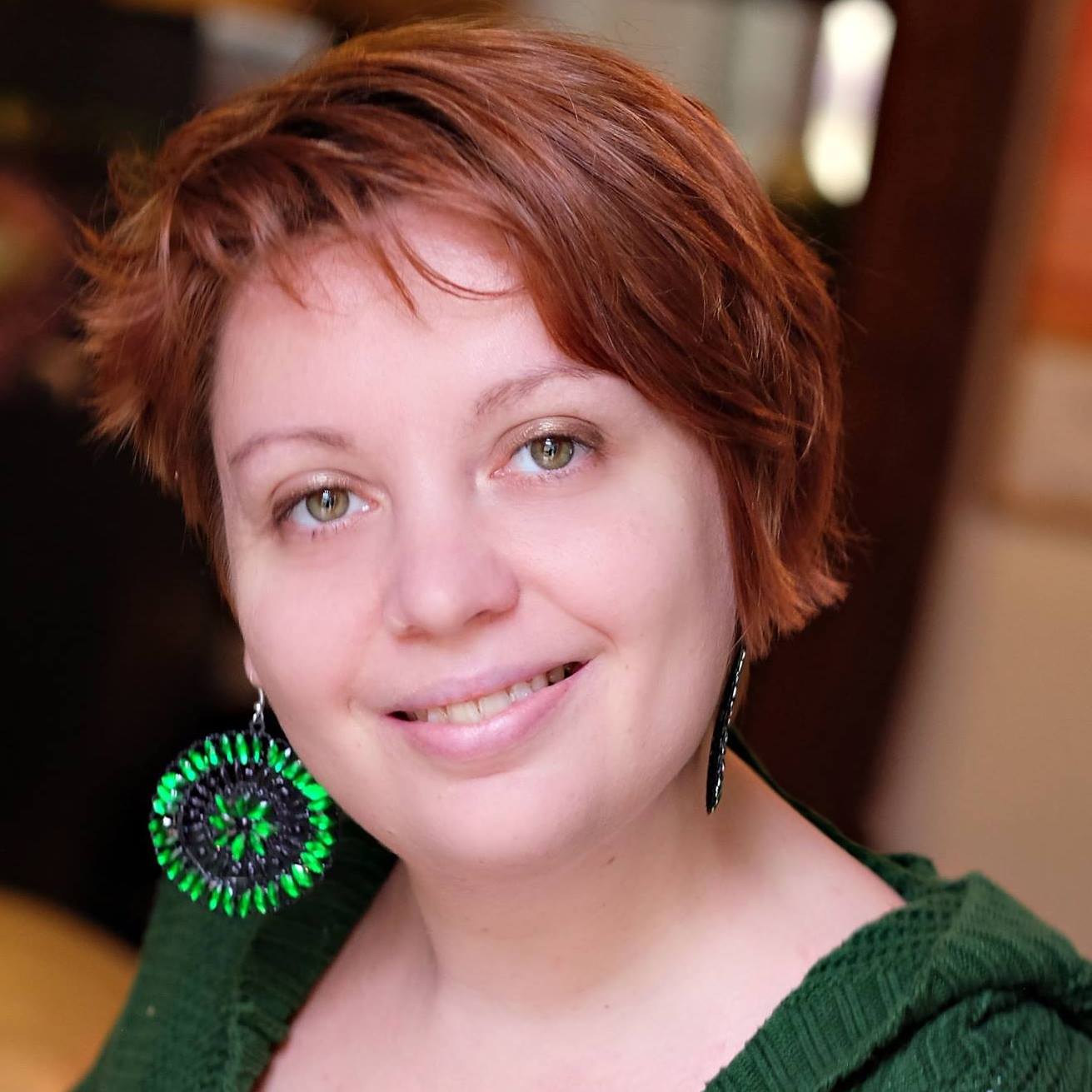
Task Manager, Communication Assistant
Julia VIDA is task manager for the Inclusion4Schools community building workpackage and communication assistant for the project. She holds an MA in English and Spanish Language and Literature with a teaching degree from ELTE. After university, she spent a year on scholarship in the USA as an intern at education policy think tanks. Upon returning home, she worked as a researcher and project manager on several EU and national projects in the field of public education development, while also working as a trainer, facilitator and communicator. She is a multi-talented person: she is able to analyze and coordinate processes well, while she is also good at creative tasks and is in her element when working with people.
Personal motivation: “I am particularly enthusiastic about this project because it focuses on two areas that I consider to be both crucial and challenging: social inclusion and community development. I am happy to make sure that the project has a strong impact in both areas.”
Working on the project since November 2022.
Former colleagues
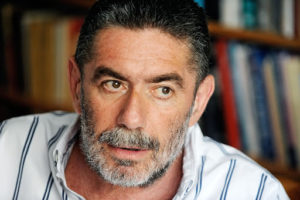
Scientific Advisor
János LADÁNYI was born in 1949 in „Újpest” district of Budapest. He also attended secondary school in Újpest, at the Kálmán Könyves High School. He completed his university studies between 1967-71 at the Karl Marx University of Economics in Budapest. He defended his university doctorate in 1973. The topic of his doctoral dissertation was to examine the impact of social benefits on income inequality. He was awarded the degree of Candidate of Sociological Sciences in 1987. The topic of his dissertation, written jointly with Gábor Csanádi, was their research on changes in the spatial and social structure of Budapest. In 1998 he habilitated at the Budapest University of Economics. He won the title of Doctor of the Hungarian Academy of Sciences in 2008 with his dissertation dealing with the changes in the forms of social and ethnic-based residential segregation in Budapest. Between 1975 and 2016, he worked at the Department of Sociology of the University of Economics, both of which had changed its name several times in the meantime. He has been a lecturer or a guest researcher at various American universities (University of Wisconsin, Madison, 1985; De Paul University, Chicago, 1986; Ball State University, Muncie, 1990; University of California, Los Angeles, 1999; Yale University, New Haven, 2000-2001). He retired in 2016.
Personal motivation: Research on residential, on school segregation and social and ethnic inequalities has played an important role in my work to date. This project interests me because it allows me to extend my research to the countries involved in the project.
Worked on the project between January and June 2021.
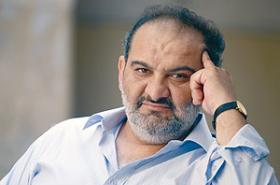
Roma expert
Aladár Horváth is a teacher, ethnologist, Roma civil rights politician, who has been working at the
Hungarian Evangelical Fellowship for 11 years as a Roma advisor and for three years at Wesley Theological College. He started his career as a primary school teacher in Köröm and Miskolc. He was the Miskolc representative of the Phralipe Independent Gypsy Organisation and one of the first Roma MPs in the democratic parliament after the change of regime. As a Roma advocate, he served on the Committee on Minorities, Human Rights and Religious Affairs. Between 1995 and 2010, he was the Chairman of the Board of Trustees of the Roma Civil Rights Foundation (RPA). He was the chairman of the board of the Roma civil rights movement’s leading professional, ideological and methodological centre and also managed the day-to-day activities of the organisation. The RPA created the first Roma advocacy and crisis management offices, the Roma Press Centre, the Roma Invisible College and later the Romaversitas Foundation. From 1997 to 2004, he was the Chairman of the Board of Trustees of the Gandhi Public Foundation. Under his leadership, the public foundation that runs the Gandhi High School has ensured professional and political independence, both vis-à-vis governments and the national Roma Self-Government, and built the school’s new building complex and gymnasium. On Roma and social policy issues, he served as an advisor to the advisory boards of Prime Ministers Péter Medgyessy and Ferenc Gyurcsány. At the National Development Office – Promei Ltd, he designed and launched a model experiment of the regional development programme (LÉTRA) in four Hungarian districts in 2009.
He is the author of dozens of publications, essays and articles in newspapers and magazines on political, civil and human rights issues. His first book, Indulás – a Personal History of the Roma Civil Rights Movement, was published by Wesley Publishing in 2017. In 2021, Orioldbooks published his political-historical-sociological work, A nemzeti(-)szocialista Miskolc.
Worked on the project between December2021 and December 2022.
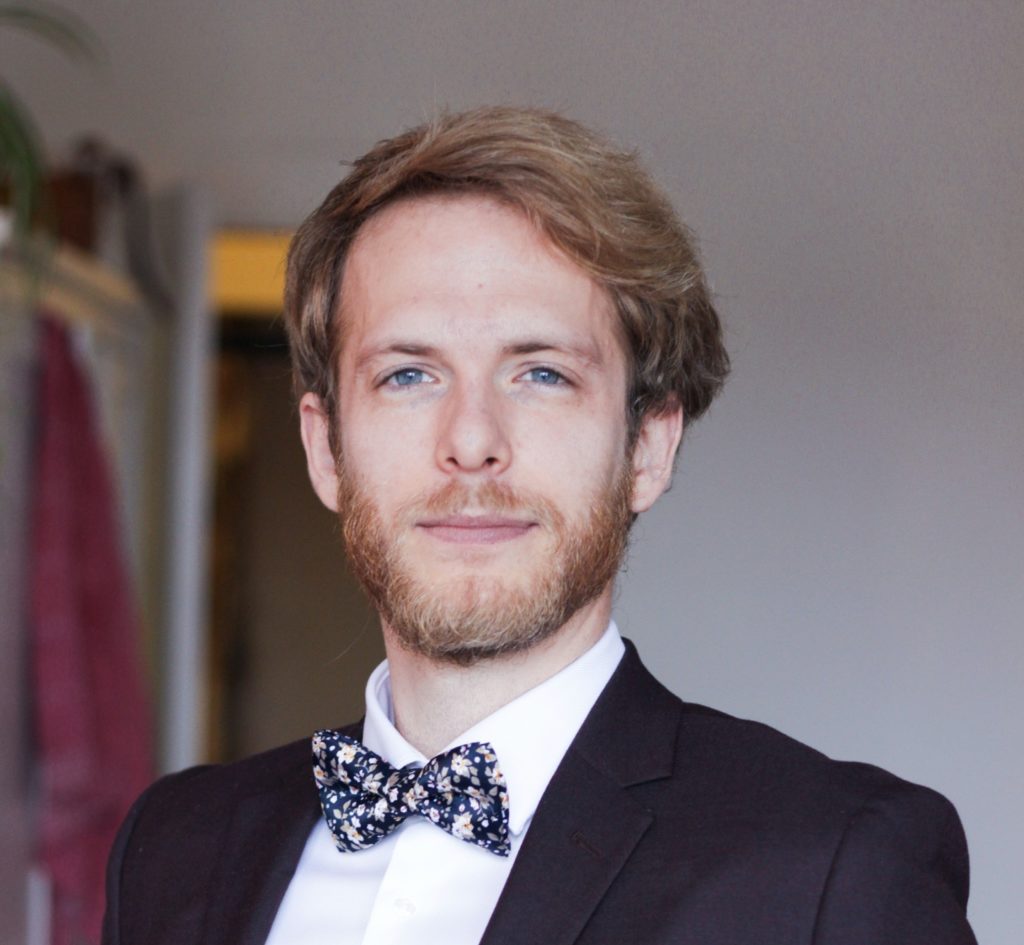
Researcher
Tamás Tóth, PhD is an assistant professor at the Department of Education at the John Wesley Theological College. Tamás obtained his Ph.D. in 2019 at the University of Lower Silesia (Wroclaw, PL) and at the ELTE University (Budapest, HU) within the framework of the EDiTE European Joint Doctorate programme (European Doctorate in Teacher Education). His main research interests include critical pedagogy, political philosophy, and post-qualitative methodologies in educational research.
Personal motivation: “In recent years I have worked with ghetto schools in Central-Eastern Europe. In each case, I was trying to foster cooperation between the school and its immediate environment (local community, organizations, state apparatuses, and so on). I organized public events in these schools to bring together teachers, parents, social workers, politicians, and different social actors. I remember clearly how difficult it was to launch these events, people were behaving like strangers. Very soon, however, something magical happened. As soon as the participants found out that actually they work, and play, and live with the same children, and that they know very different things about these children, they suddenly started to talk to each other as if they were long-lost friends. They started to treat each other like brothers and sisters as they suddenly discovered that they share something important: a common responsibility for the new generation and for the community as well. For me, the Inclusion4Schools project is the messenger of this shared responsibility.”
Worked on the project between January and August 2021.
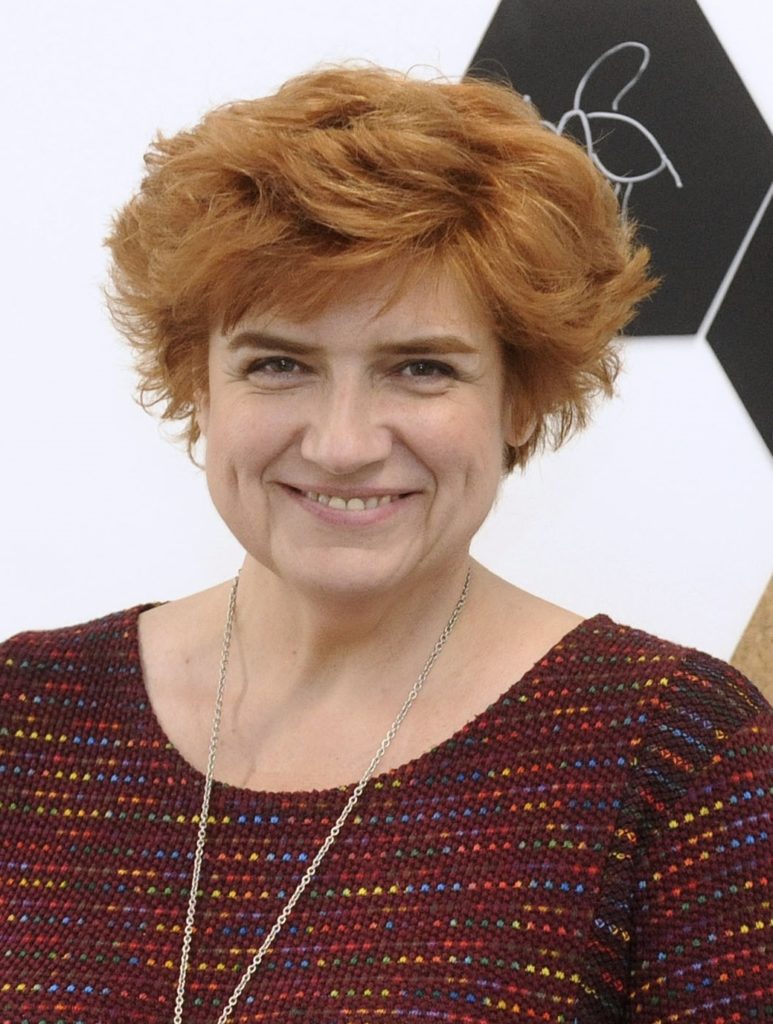
Project Assistant
Gyöngyvér Orsovszky is a project assistant at John Wesley Theological College and a youth program organizer at Kaptár Youth Club. Has 20-year working experience as a socio- and art-therapist and trainer. She worked at a second chance vocational secondary school for five years in a special inclusion program with socially underprivileged dropout youngsters, developing their social competencies and skills by the method of art-therapy individually and in groups. Taking part in various national educational and social projects as a trainer for teachers, and as a teacher, art-therapist and project manager in different international Erasmus+ educational projects.
Regarding her two-decade professional experience she’s been committed to work with vulnerable people and groups of different ages and on varied fields of education. Among others she’s been giving socio- and art-therapy for different target groups like children with special education needs or of poor social background, parents of children with special education needs, youth groups with ESL, NEET, dropout teenagers and young adults.
Personal motivation: “I’m very enthusiastic about working in the Inclusion4Schools project, I think it is a unique contribution enhancing cooperation among all the actors who play a role in educational changes with the aim of reversing inequality and exclusion in public education. I believe that real transformation needs deliberate and innovative concepts and dedicated professionals which are given in the project, with an additional advantage of collaboration with our international partners. As a part of the project, I personally make a point of sharing and disseminating transformative educational knowledge and experience within school communities based on experiential education methodology.”
Worked on the project between February and September 2021.